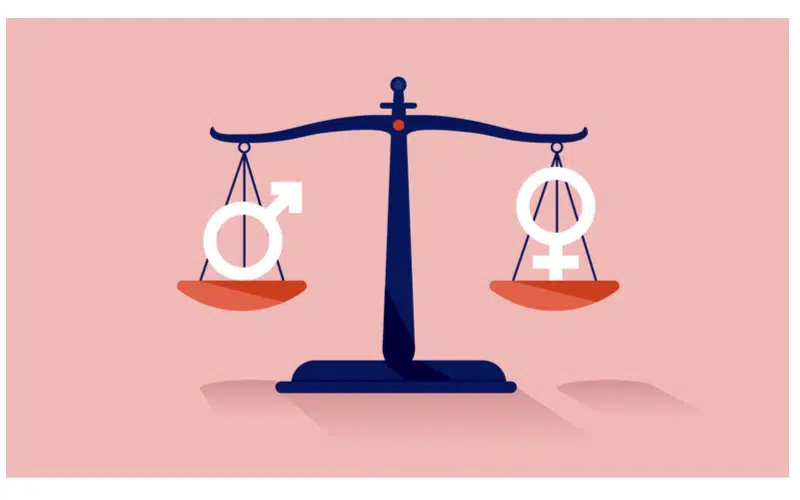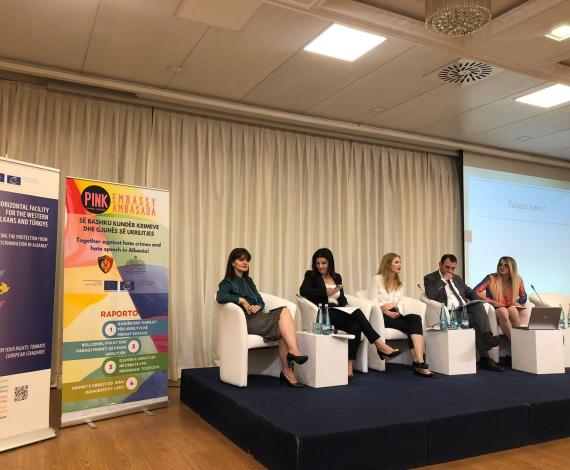Albanian women spend 25 years of their life raising children and carrying out unpaid work such as caring for family members and carrying out domestic chores, according to new data from the World Bank.
This high level of burden leads to women being less engaged in the labour market which in turn has a negative impact on family income and the level of poverty. If this burden was shared equally between other members of the family, in particular the husband, family income would be higher due to salary and higher pensions, the recently published report found.
With more than 40% of Albania’s population living in rural areas where poverty is higher, and there is a prevailing mentality that leaves women carrying the lions share of domestic duties.
Data processed by Exit in 2020 found that Albanian women spend around 22% of their day carrying out upaind work, compared to just 3.47%, or 43 minutes for men.
If we consider that the average employed Albanian works a 47 hour week, this corresponds to women working at least 40 hours a month- almost an entire working week, for free.
In EU countries, women spend around 4.5 hours a day on unpaid work against 2.5 hours for men. In Albania this rises to over 6.5 hours for women, and falls to less than an hour for their male family members.
While there are no gender gaps in educational attainment in Albania, with women often outperforming men academically, women have a lower labour force participation rate. Data from the UN office in Albania found that 72.1% of women participate in work, compared to 88.3% of men- a discrepancy of 16.2% which is considered significant.
As per the findings of the Global Gender Gap report 2020, it is going to take just shy of 100 years for equality to be attained at the current pace.
But there is another prominent issue caused by the imbalance in gender roles and opportunities. Albania ranks first in the world for the percentage of women ministers in government and 42nd for women deputies in assembly, but representation at the local level is concerning.
In the 2019 local elections, women won 44% of seats in municipal councils and in only 8 out of 61 municipalities, just 13%.
UN Permenant Coordinator for Albania Fiona McCluney called on political parties to continue promoting the representation of women at the local level and strictly implement the gender quota of 50% for candidate lists for members of municipal councils.
In particular, the UN called for an increase in the number of women candidates for the post of mayor. However, only 15 of the 144 candidates for the post of mayor (10.4%) are women[3], a lower figure compared to the percentage of women candidates in the local elections of 2019.
Prime Minister Edi Rama said during a recent podcast that they have tried to implement gender quotas at the local level, but in some areas, there are simply not enough women wiling, or able, to stand for public office.
Follow The Balkanista!


